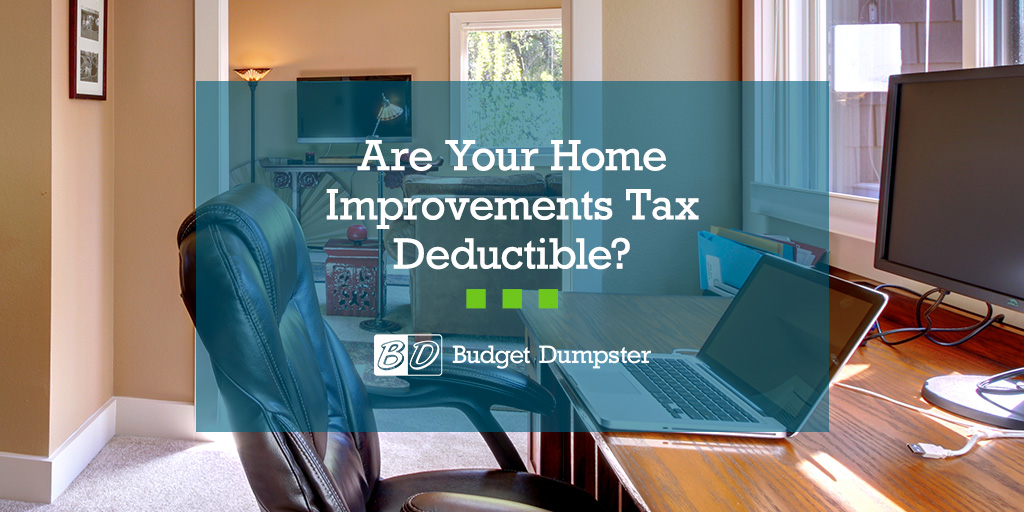What are Tax Deductions?
Tax deductions are expenses that reduce taxable income, ultimately lowering the amount of tax owed. They provide homeowners with opportunities to save money by offsetting the costs associated with maintaining or improving their property.
Types of House Improvements
When it comes to Home improvementmix.de/, it’s essential to differentiate between repairs and improvements. Repairs are considered necessary to maintain the property’s existing condition, while improvements enhance the property’s value or prolong its life.
Repairs vs. Improvements
Repairs, such as fixing a leaky roof or repairing a broken window, are typically not tax deductible as they are considered routine maintenance. On the other hand, improvements, such as adding a new room or installing a security system, may qualify for tax deductions.
Tax Deductible House Improvements
Certain house improvements are eligible for tax deductions. These improvements usually fall into categories that promote energy efficiency, accessibility, or safety.
Examples of tax deductible home improvements include:
- Installing solar panels
- Adding energy-efficient windows and doors
- Upgrading heating, ventilation, and air conditioning (HVAC) systems
- Installing a home security system
- Making modifications for accessibility purposes, such as adding ramps or handrails
Non-Deductible House Improvements
Not all home improvements are tax deductible. Generally, cosmetic upgrades or improvements that do not add value to the property are not eligible for deductions.
Projects such as painting the walls, replacing carpeting, or landscaping solely for aesthetic purposes typically do not qualify for tax deductions.
Qualifying Criteria for Tax Deductions
To qualify for tax deductions, house improvements must meet specific criteria outlined by the Internal Revenue Service (IRS). These criteria may vary depending on the nature of the improvement and its intended purpose.
Homeowners should ensure that their improvements meet IRS guidelines to claim deductions accurately.
Home Office Expenses
For individuals who operate a business from their home, certain home office expenses may be deductible. However, strict criteria must be met to qualify for these deductions.
Home office deductions can include a portion of mortgage interest, property taxes, utilities, and home maintenance expenses.
Energy Efficiency Upgrades
Energy-efficient improvements offer homeowners not only long-term cost savings but also potential tax benefits. The government incentivizes energy-efficient upgrades through various tax credits and deductions.
Homeowners can take advantage of tax benefits by investing in energy-efficient appliances, insulation, and renewable energy systems.
Documentation and Record Keeping
Maintaining accurate records is essential when claiming tax deductions for home improvements. Documentation should include receipts, invoices, contracts, and any other relevant paperwork to substantiate the expenses incurred.
Proper record-keeping ensures that homeowners can substantiate their deductions in case of an IRS audit.
Tax Benefits for Homeowners
Beyond deductions for home improvements, homeowners may be eligible for additional tax benefits, such as mortgage interest deductions, property tax deductions, and capital gains exclusions.
Understanding and leveraging these tax benefits can significantly impact homeowners’ overall tax liability.
Consulting a Tax Professional
Given the complexity of tax laws and regulations, homeowners are advised to seek guidance from qualified tax professionals. Tax professionals can provide personalized advice tailored to individual circumstances and ensure compliance with tax laws.
Conclusion
In conclusion, while house improvements can enhance the comfort and value of a property, not all expenses are tax deductible. Homeowners should carefully consider the nature of their improvements and consult tax professionals to maximize their tax benefits while ensuring compliance with IRS regulations.

